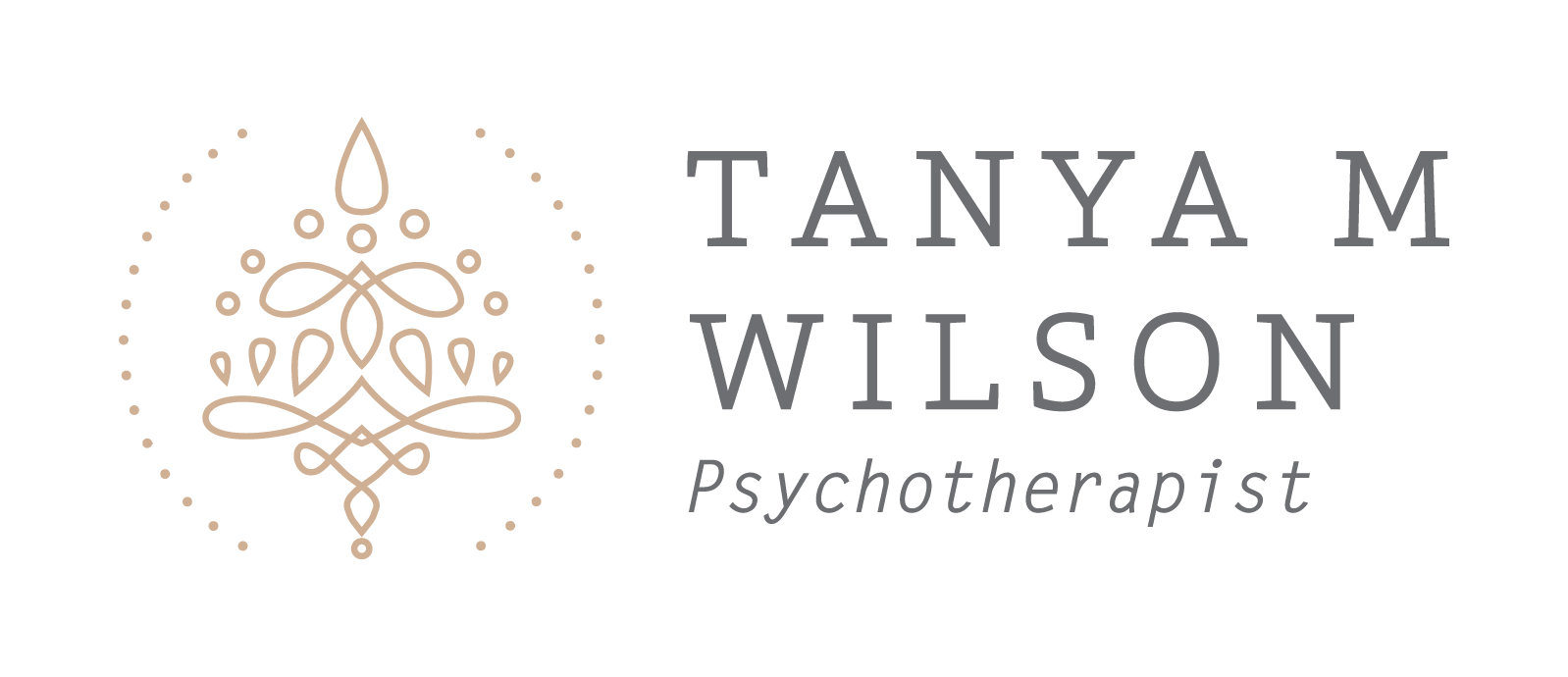It’s not uncommon that once you realise you are in a damaging relationship that you are desperate to know how to overcome narcissistic abuse.
I often share with clients that have experienced narcissistic abuse a visual map that I have drawn up, that describes the narcissistic cycle of abuse. It’s similar to the commonly known cycle of abuse but with a couple of extra twists and turns that are pertinent to this type of abuse. When you look at my visual map of the cycle of narcissistic abuse you can begin to see the complexities of healing from narcissistic abuse.
Part of what a narcissist does to maintain control is a process called “crazy making”. I talk a little about this in my video on the bait and switch.
With the narcissist in your life unleashing their crazy making tactics on you, you begin to believe their accusations and those seeds of self doubt turns into a full blown identity crisis over time. And, at the very least, depression and anxiety (from never really knowing which way is up reality), as well as a feeling of low grade panic, is present with anyone who has experienced a relationship with a narcissist. It’s heightened because of this growing doubt about what is real, true and right.

When you have been in a relationship with a narcissist, often your perception of reality has been threatened so much, you no longer know what or who to believe about what is right. And this can even include past events. Paranoia is a common side effect.
Step one: self trust
When I begin to work with clients who are curious to know how to overcome narcissistic abuse, we start with rebuilding their sense of trust in themselves, which has been abolished in most cases. This lack of trust in self can also be observed in those who have experienced betrayal/lies in relationship.
Step two: sense of reality
The second thing I work with is rebuilding a person’s sense of reality. Like rebuilding a framework or scaffolding of what their world is, in their perspective. A person can come out of narcissistic abuse with much stronger boundaries than ever before. Sometimes this results in a lot of new things in their life (hence rebuilding their framework for life) For some people it can mean a new career, project or home/location. And it often means connecting with new, healthier friends and relationships in general.
Step three: build boundaries for self esteem
Going through the extreme of narcissistic abuse means you will likely come out of the situation with much stronger boundaries of what you will and won’t tolerate. Often self worth and self esteem can be rebuilt even stronger than what they ever were.
After narcissistic abuse, anyone that remotely resembles abuse of power— those that like to have power over or anyone nasty/self centred— can be intolerable. When once they may have stuck around for these “smaller” abuses. Recreating healthy friendship groups can be a big part of the reframing of your world.

Step four: spiritual beliefs
A person’s spiritual beliefs can be of great comfort and relief when rebuilding their framework for life.
And if you have no spiritual beliefs, perhaps starting at this is a good place. Asking the question, ‘what supports me spiritually?’ Spiritual support doesn’t have to be a God or even a Higher Power. I know some people whose spiritual support is their connection and understanding of science and the universe. Whilst for others it is very much localised within.
Overlaying all the work I do with individuals, throughout healing from narcissistic abuse, is a focus on how to set healthy boundaries and learning how to recreate their own self esteem and self worth.
In short, if someone asked me how to overcome narcissistic abuse, I would break it down into these four distinct areas:
- rebuilding their sense of trust in themselves
- rebuilding their framework for life
- boundaries for self esteem and self worth
- identifying spiritual support.
If you would like more information on how to implement these four things The New Self Care is a helpful book that looks at your rebuilding your self esteem and worth. It offers ways in how you can build these qualities through correct self care. Or, a counselling session is an effective way to strongly incorporate these four facets into your life.


